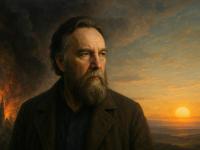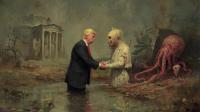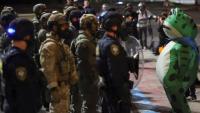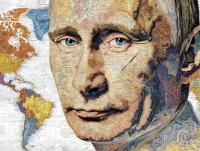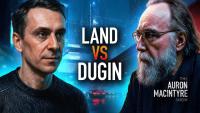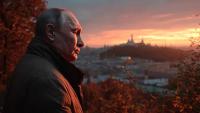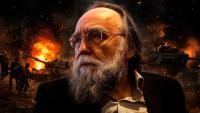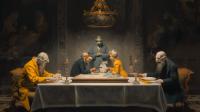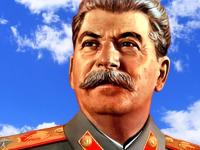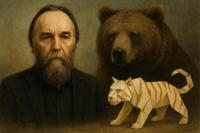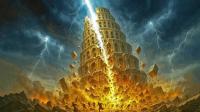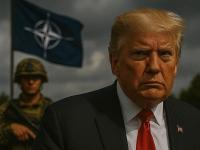Trump, die Abkopplung und die etruskische Braut
From West to East
Trump, Decoupling, and the Etruscan Bride
The modern West and its client states have turned into the main threat to humanity
Putin and the Philosophy of Complexity
Nick Land and Alexander Dugin on Liberalism, Empire, and the Eschaton
This is a transcript of Auron MacIntyre hosting Nick Land and Alexander Dugin in a wide-ranging dialogue on liberalism’s Anglo roots and “paleoliberalism,” the “Empty Summit” (decentralization) versus republican overcoding, empire and sacred politics, plural Daseins and temporalities, eschatology, and whether modern tech/AI and recent “Satanism” accusations signal a religious return rather than simple secular drift.
Putin as Princeps and Pontifex
War is Ahead of Us
The Dictatorship of the Open Society (Escalation)
Prigozhin and Dugina as Heroes of the Sacred Struggle
The Stalin Question
Trump’s “Paper Tiger” Claim
The New Third Position
Trump’s Sudden Betrayal of Russia
Charlie Kirk and the Total MAGA Revolution
Charlie Kirk and the Cause of God
Strategic Renewal in Eurasia
The question of our policy in the post-Soviet space requires very serious consideration. Practically from the very moment President Putin came to power twenty-five years ago, he set Eurasian integration as a priority. Yes, the Eurasian Economic Community (EAEC) was created and a number of similar initiatives were undertaken. But here is what is striking: if we step back from the routine of current events, then over these twenty-five years this task was not only left unfulfilled but, in fact, the opposite occurred.



